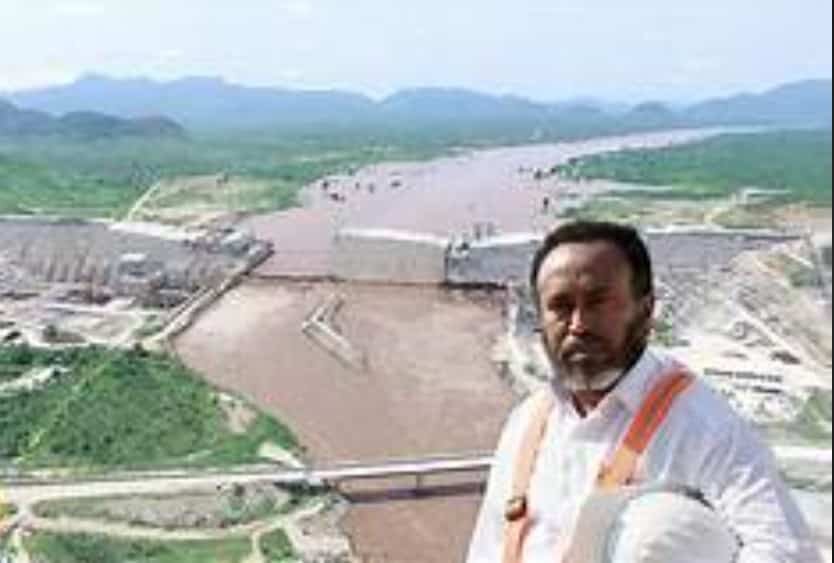
The 2005 Ethiopian general elections were marred by allegations of fraud and irregularities, with the CUD and other opposition parties accusing the ruling party, the Ethiopian People’s Revolutionary Democratic Front (EPRDF), of manipulating the results.
In the aftermath of the elections, protests erupted across Ethiopia, particularly in Addis Ababa, where supporters of the opposition parties, including the CUD, protested against the alleged electoral fraud. The government responded with force, leading to violence and casualties.
Despite Hailu Shawel’s efforts to lead the opposition movement, the government crackdown resulted in the arrest and imprisonment of many opposition leaders, including Shawel himself.
In the years that followed, Ethiopia’s political landscape underwent significant changes, with the ruling party maintaining its hold on power. Hailu Shawel’s contributions to Ethiopian politics and his legacy are often remembered in the context of the 2005 elections and the subsequent crackdown on opposition voices.
















